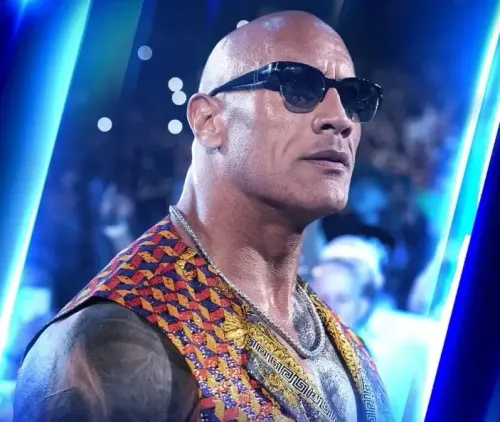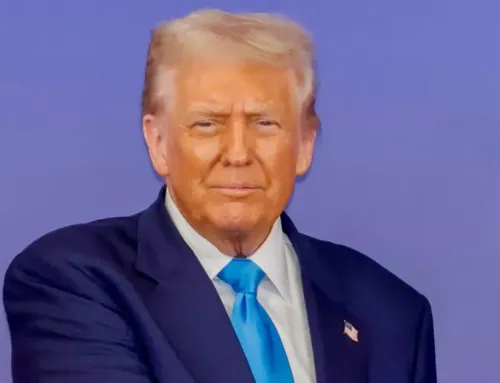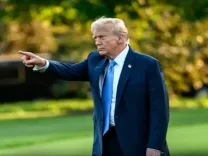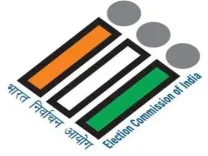Will the Allahabad HC Rule on Rahul Gandhi's Sikh Remarks Case Today?

Synopsis
Key Takeaways
- The Allahabad High Court is expected to announce its verdict on Rahul Gandhi's petition.
- The case stems from remarks made during Gandhi's US visit.
- Arguments concluded on September 3, leading to the reserved decision.
- The Sessions Court has already overturned the magistrate's dismissal.
- The implications of the verdict could affect political discourse in India.
New Delhi, Sep 26 (NationPress) The Allahabad High Court is set to announce its decision regarding Congress leader Rahul Gandhi's petition, which contests a Varanasi court's ruling related to his comments on the Sikh community made during his trip to the US last year. The verdict will be revealed on Friday at 2 p.m.
The High Court had previously reserved its judgment after the conclusion of arguments from both sides on September 3.
Gandhi has appealed against the Varanasi court's ruling in the Allahabad High Court, which instructed the Varanasi court to halt any further proceedings until the judgment is delivered.
This case began when Nageshwar Mishra filed a complaint in a magistrate's court in Varanasi, requesting an FIR against Gandhi. Mishra claimed that during his visit to the United States in September 2024, Gandhi made a “provocative statement” questioning the safety of Sikhs wearing turbans or visiting gurdwaras in India.
Mishra argued that the statement was incendiary and had the potential to disrupt communal harmony. The magistrate court initially dismissed Mishra's request, noting that a sanction from the Central government was required since the alleged offense occurred outside India. However, Mishra appealed this dismissal in the Sessions Court, which overturned the magistrate's decision and instructed the lower court to reconsider the case.
The Sessions Court determined that the magistrate made a mistake in rejecting the plea solely based on the lack of sanction.
In response to this order, Gandhi turned to the Allahabad High Court. His legal counsel contended that Gandhi's comments were taken out of context, asserting that he did not incite the Sikh community to rebel or wage war against the government.
“One cannot isolate a single sentence from a comprehensive speech to derive such a conclusion. The entirety of the speech must be analyzed to grasp the intent,” said the counsel.
Conversely, the counsel representing the Uttar Pradesh government argued that Gandhi, as the Leader of the Opposition, holds a position of responsibility and that his words resonate significantly within and beyond India.
“When he addresses audiences abroad, it is perceived as the collective voice of the opposition. His remarks were inflammatory and divisive,” the state's counsel stated.
The controversy emerged from Gandhi's address in the US last year, where he reportedly claimed that the environment in India was not supportive of Sikhs and that they encountered challenges in openly practicing their faith. Following the hearings, the High Court has reserved its ruling on the plea.










